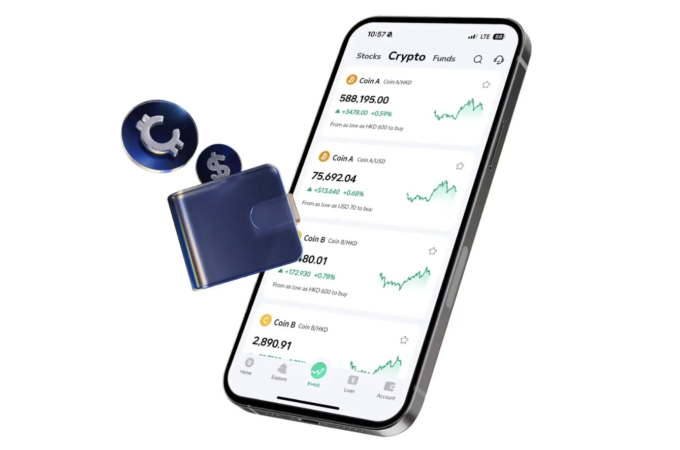
Exclusive: Life.SREDA to set up $20m fintech fund in Malaysia
By Shiwen Yup for DSA
Singapore-based LifeSREDA.VC, a fintech venture capital (VC) firm with Russian roots, announced that they are launching a fintech fund for startups for the amount of $20 million as a first close, provided by local LPs frim Malaysia. In addition, the VC firm will be involved in opening a co-working space in Malaysia’s commercial capital of Kuala Lumpur. The fund will have its first close at $20 million, with LifeSREDA aiming to reach a hard close of $50 million by the end of the year.
Igor Pesin, a partner at the firm, told this portal that the overall Malaysian market attractiveness for real fintech development, as well as the readiness of its fintech ecosystem led to LifeSREDA expand there. “Regarding Malaysian market, it looks really promising for fintech prosperity, and in future can be considered as an ‘Asian platform’ for leading fintech startups from different countries to land for a few reasons. The market is enough big and more importantly sufficiently diverse to “test” the product and business models in different environment,” he said.
“This is diversity in terms of people’s income and wealth, banking products and services penetration, customer behavior (urban/rural) etc allows to make pilot projects in “real” environment and then scale the product across different countries in SE Asia – both developed – SG, HK, Japan, S.Korea – and emerging -Indonesia, Vietnam, Philippines, Thailand,” he added.
Benefits of Malaysia
Citing market advantages such as the youthful and active population with a high demand for new technologies and services, he also said that Malaysia offered a high availability of technical talents, English language penetration, with no major issues related to working visas. This is coupled with a relatively low cost of leaving and doing business, he added.
On Malaysia’s fintech space, Pesin said: “It’s already quite developed and vibrant, especially after MDEC came into play. Now you can see that new fintech startups are widely launching or expanding from other markets, new regulations and licenses for fintech are being introduced by Central Bank of Malaysia.”
“Traditional leading banks are also becoming more open and closer to fintech startups (i.e. CIMB, MayBank, RHB, Hong Leong and others) and they are really motivated to innovate themselves and cooperate with new non-bank players, and in general Government supports fintech industry on a national level which positively influence to all parts of ecosystem,” he added.
“It doesn’t mean that we will anyhow slow down our business in Singapore. Instead, we see a great synergy of having operations on both neighbour markets and building a bridge between them as well as with other countries of our presence. In the future, we plan for our further geographical expansion in order to facilitate the growth of fintech to other markets. We operate in a digital world and digital world should not have any geographical limitations and barriers,” he said.
Speaking on Singapore’s own fintech ecosystem, where Life.SREDA is based, Pesin said: “I believe that right now there is no any country or city in SE Asia which can be considered as “saturated” in terms of Fintech development. Investments into fintech in SE Asia accounts for 0.1-0.2 per cent of global market volume, while the demand from the market shows that it will be up to 10 per cent to 20 per cent of worldwide size in the nearest future.”
“It means that the fintech sector can be 100X bigger than it is now and both Singapore and Malaysia has enormous opportunities for growth. Basically, countries in Southeast Asia are not competing in the fintech space, but collaborating and helping each other,” he added.
With several cross-country initiatives happening in both the public and private sectors, in addition to various new multinational projects which are occuring in 2017, Pesin believes that there will be signifcant enhancements in the domain of “unified regulation and cross-border connectivity” between banks and fintechs across the region in the short to medium term.





